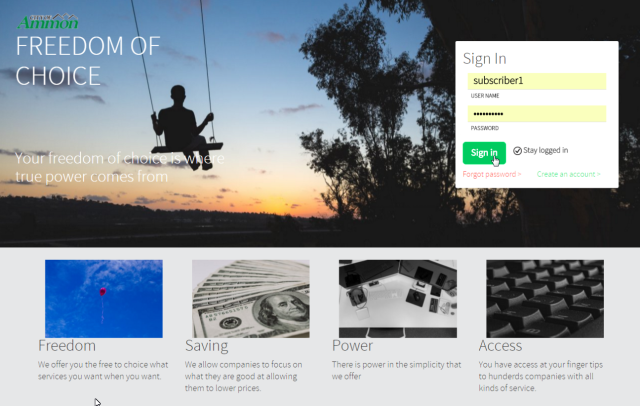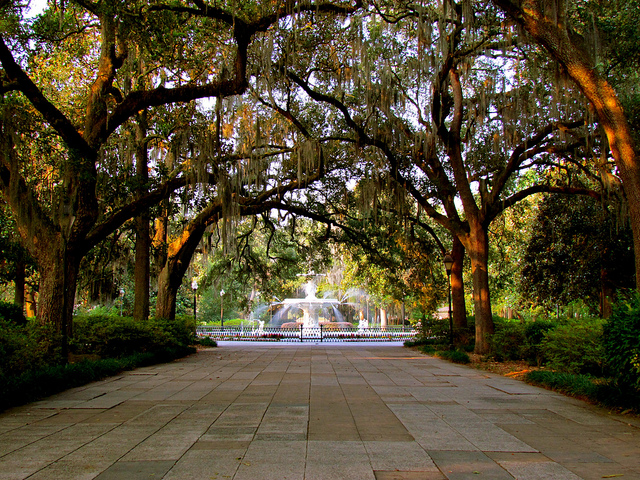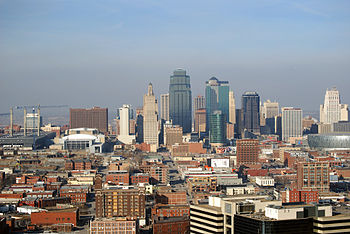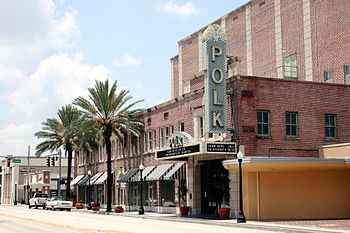by Jon Brodkin
Most cities and towns that build their own broadband networks do so to solve a single problem: that residents and businesses aren’t being adequately served by private cable companies and telcos.
But there’s more than one way to create a network and offer service, and the city of Ammon, Idaho, is deploying a model that’s worth examining. Ammon has built an open access network that lets multiple private ISPs offer service to customers over city-owned fiber. The wholesale model in itself isn’t unprecedented, but Ammon has also built a system in which residents will be able to sign up for an ISP—or switch ISPs if they are dissatisfied—almost instantly, just by visiting a city-operated website and without changing any equipment. Continue reading








